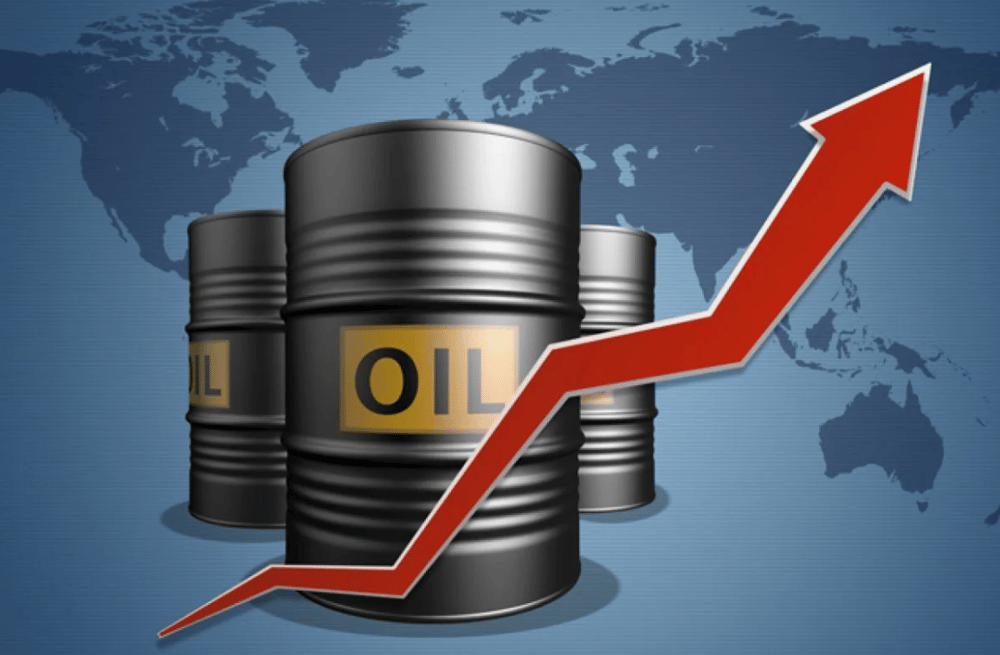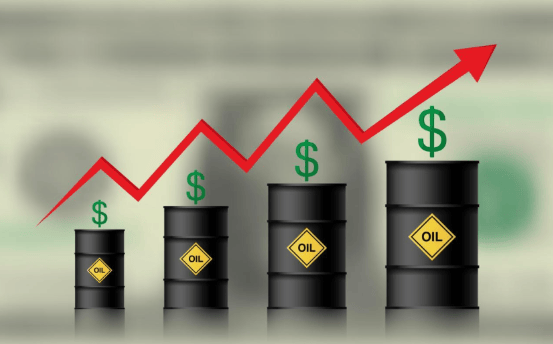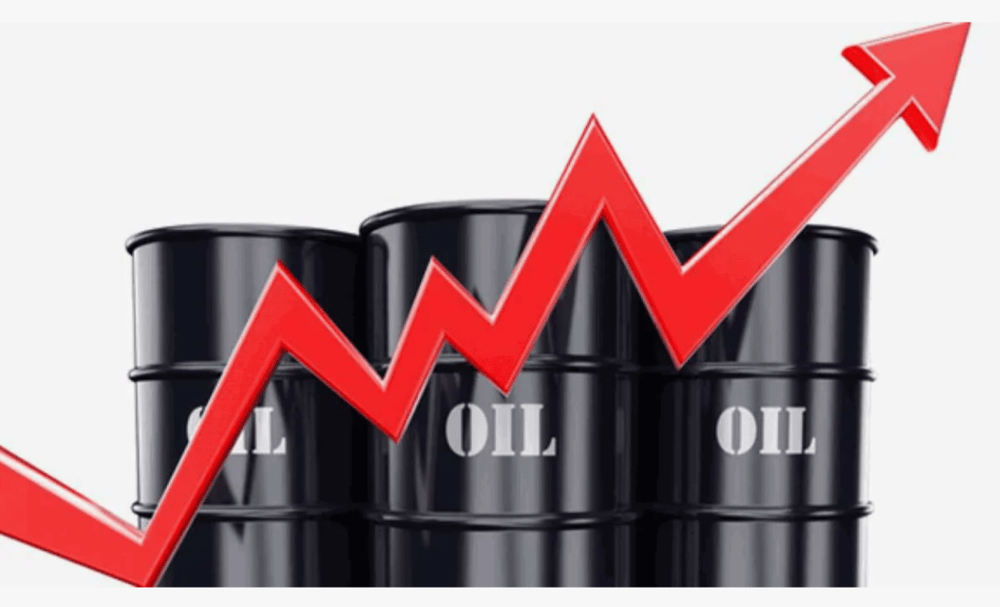Rising Oil Prices Amid Israel-Iran Conflict Could Pressure USD and U.S. Inflation Outlook
Escalating conflict in the Middle East—specifically, between Israel and Iran—is beginning to send ripples through global oil markets. After Israeli strikes reportedly hit several critical Iranian energy facilities over the weekend, oil prices climbed by approximately 1% during Asian trading on Monday. With Brent crude hovering around $75 per barrel, concerns over energy-driven inflation are once again mounting in the United States.
As gasoline prices threaten to edge higher, the broader economic implications for U.S. consumers, the USD, and monetary policy trajectory are under close observation by analysts and investors.
Oil Market Volatility and Potential Inflationary Pressure
The Israeli airstrikes reportedly targeted three strategic assets in Iran: the massive South Pars gas field, Tehran's main natural gas storage facility, and a major oil refinery. These attacks have not only disrupted regional energy infrastructure but have also rekindled fears of a prolonged supply shock.
Although global oil supply remains relatively stable in the short term, markets are beginning to price in a risk premium due to the strategic importance of Iranian output, especially its natural gas exports. Any sustained disruption could push Brent crude (BZ=F) closer to the $80 threshold, raising inflation expectations globally.
For the United States, higher crude prices translate directly into elevated gasoline costs, which could reignite headline inflation and complicate the Federal Reserve’s (FED) path forward. With core inflation already proving sticky, another energy-led price surge may delay anticipated interest rate cuts, strengthening the USD (DXY) in the short term but pressuring consumer sentiment.

📊 Quick Facts:
🛢 Brent crude traded near $75 per barrel following Israeli airstrikes.
🇮🇷 Iranian targets included the South Pars gas field and a major refinery.
⛽ U.S. gasoline prices are expected to rise in the coming weeks.
💵 Higher oil prices could impact the Federal Reserve’s inflation outlook.
📈 A sustained oil rally may strengthen the U.S. dollar (USD) short-term.
Market Response and Strategic Commentary
Initial market reactions suggest cautious risk-off sentiment, with investors rotating into traditional safe-haven assets such as U.S. Treasuries and gold. Meanwhile, energy sector stocks in the S&P 500 Index $^SPX have outperformed broader benchmarks, reflecting renewed bullishness on oil-linked assets.
Currency markets also reacted to the geopolitical risk. The USD gained slightly against major peers, supported by the view that the FED may be forced to maintain higher rates if oil-induced inflation persists. Conversely, emerging market currencies came under pressure, especially those with energy import exposure.
Analysts emphasize that while the direct physical damage to Iranian oil infrastructure may be contained, the geopolitical overhang introduces persistent volatility, prompting hedge funds and institutional investors to reallocate portfolios defensively.

🔑 Key Takeaways:
Israeli strikes on Iranian energy infrastructure sparked a modest oil rally.
Gasoline prices in the U.S. are poised to increase, adding inflationary pressure.
The Federal Reserve may delay rate cuts if energy prices remain elevated.
USD strength could persist due to higher-for-longer rate expectations.
Geopolitical instability raises long-term risk premiums in commodity markets.
Oil-Driven Inflation Risks Return to Center Stage
The Israel-Iran conflict adds fresh uncertainty to global energy markets, with tangible downstream effects for the U.S. economy. Even if supply disruptions remain limited, the perceived threat is enough to drive oil prices upward, complicating monetary policy and inflation management.
As geopolitical risk is repriced across asset classes, the next moves by the FED will be scrutinized through the lens of energy-driven inflation. In this environment, volatility across commodity, currency, and bond markets is likely to remain elevated in the near term.















Comments
This transaction could mark a turning point in how automation is monetized across high-growth tech sectors
The tension in the Middle East is sparking market jitters that remind us every drop of oil matters.